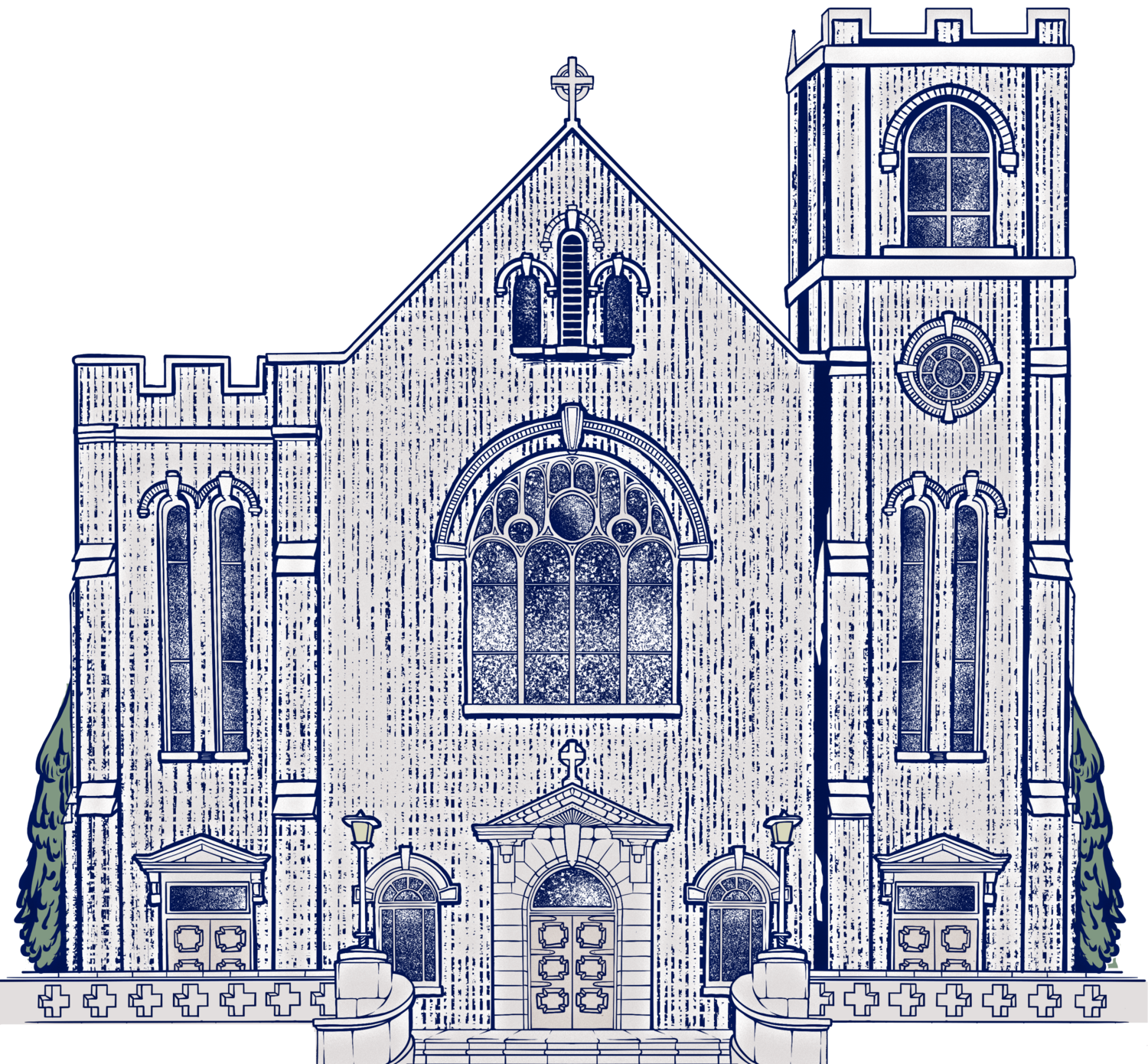Liturgy of the Eucharist: Receiving Transformation
After being fed at the “Table of the Word,” we are fed at the “Table of the Eucharist.” In the Introductory Rites, God invites and we gather. In the Liturgy of the Word, God speaks and we listen. In the Liturgy of the Eucharist: God gives and we receive.
We begin with the offertory where we offer our gifts to God: bread, wine, money, and thanks (Eucharist means “thanksgiving”). But wait… why all this giving? Isn’t God the one who gives? Aren’t we the ones who are supposed to receive? Here we remember the logic of the Eucharist:
We give to God what we have already received from God, trusting that God transforms even our simplest of offerings.
We do a lot of giving during the offertory, but our gifts are really just return-gifts – a meager response to God’s infinite generosity. The priest raises our offering of bread and wine, saying: “Blessed are You, Lord God of all creation, for through Your goodness we have this bread/wine to offer … it will become for us the bread of life/our spiritual drink.”
So we give our return-gifts: bread, wine, money, and thanks: But what do we receive? We receive Jesus Christ. We receive transformation. We offer bread and wine – already rich with religious symbolism of freedom, unity, and life – and our offering is transformed into the Body and Blood of Christ who actually brings about freedom, unity, and life. We offer money from our hard-earned possessions, and our offering becomes the outward mission of the Church.
But have you ever noticed that there’s another thing we offer to God in the Eucharist? We don’t just offer external gifts, we offer our whole selves. At the beginning of the Eucharistic Prayer we’re invited to “Lift up your hearts.” This means far more than just thinking about God. “Lift up your hearts” is an invitation to offer up your entire self, your whole being, to God whose love is transformative. And just like the bread and wine – offerings that may not seem like much – God transforms our self-offering. All of us, the gathered assembly, truly become the Body of Christ, broken and shared for the life of the world.
During this Easter season we celebrate the Resurrection – when God transformed death into new and glorious life! That’s what we participate in each time we gather for Mass. We’re missing the point if we think we’re just there to watch something happen to bread and wine! The Eucharist is truly the Body, Blood, Soul, and Divinity of Jesus. But we can’t forget that Christ’s Real Presence is a transforming presence. We believe that our offering of bread and wine is transformed into Christ’s Body and Blood. If that’s true (spoiler: it’s true!), it changes everything. Even us.
Even if we don’t feel this transformation, it’s happening. Our whole life is a process of transformation – we grow, we learn, we think one way, we think another way, we gain perspective, we mature. And most of the time, we don’t perceive transformation while it’s happening. But it’s happening nonetheless. The same thing occurs every time we celebrate the Eucharist: God is always forming us more and more into the Body of Christ… even if we don’t feel like we’ve been transformed. Even if you leave Mass and still have that same headache you had earlier, even if you still face the same stressful situation, even if you felt bored or rushed or simply nothing at all during Mass… God is still transforming you.
Our participation in the Eucharist, our reception of the Body and Blood of Christ, is our training ground for becoming Christ for the world. We receive mercy and we become more merciful. We receive healing and we become healers. We receive God’s selflessness and we become selfless. We receive One Body in Christ and we become advocates for unity. We receive the King of Peace and we become peacemakers. We receive the transformative presence of God and we become agents of transformation. We receive the Body of Christ and we become the Body of Christ.

